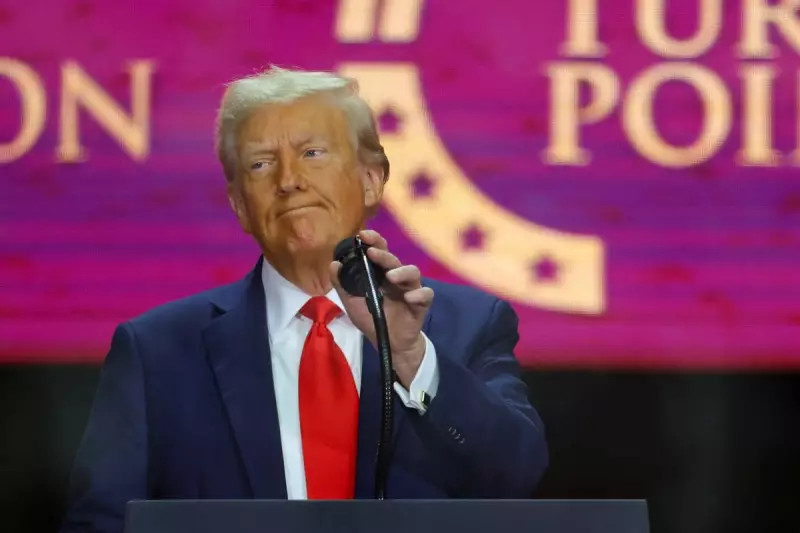
In a revelation that has sent shockwaves through diplomatic circles, former US President Donald Trump has allegedly outlined what he describes as a foolproof method for ending international conflicts. The controversial strategy, which he claims would have resolved tensions between Armenia and Azerbaijan "in 24 hours," forms part of his broader foreign policy vision.
The Armenia-Azerbaijan Proposition
According to sources familiar with Trump's thinking, his approach to the Nagorno-Karabakh conflict involved direct, high-pressure negotiations. "He believed that through sheer force of personality and strategic leverage, he could bring both nations to an immediate agreement," a former aide revealed under condition of anonymity.
This confidence extends beyond the Caucasus region, with Trump reportedly suggesting similar quick-fix solutions for other global hotspots.
Cambodia's Unexpected Inclusion
More perplexing to analysts is Trump's recent mention of Cambodia during a private gathering. While the Southeast Asian nation isn't currently embroiled in major international conflict, Trump apparently cited it as an example of where his diplomatic methods could prevent future instability.
"The Cambodia reference suggests he's thinking about preemptive conflict resolution," noted Dr. Eleanor Vance, a foreign policy expert at Chatham House. "Though the specifics remain characteristically vague."
The Russia-Ukraine Context
Trump's comments come amid his ongoing assertions that he could swiftly end the war in Ukraine if returned to power. His approach appears to favour negotiated settlements over military support, a stance that has drawn criticism from some Western allies.
European diplomats have expressed concern that such strategies might undermine international solidarity against aggression.
Expert Reactions and Analysis
Foreign policy specialists remain deeply divided on the feasibility of Trump's proclaimed methods. While some acknowledge that unconventional approaches can sometimes break diplomatic deadlocks, others warn against oversimplifying complex historical conflicts.
"International disputes rooted in decades, sometimes centuries, of tension rarely yield to quick solutions," cautioned Professor Michael Higgs of King's College London. "The notion that any single individual can resolve them in days is dangerously naive."
As the world watches Trump's potential political comeback, his foreign policy declarations continue to provoke intense debate about the future of international relations and conflict resolution.






